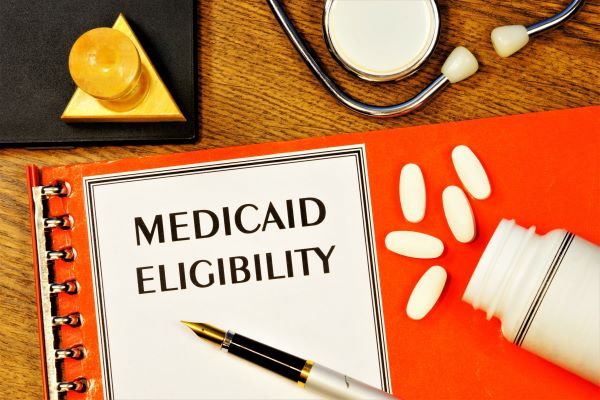Social Security serves as a federal initiative aimed at providing a support network for the…

Does Divorce affect Medicaid?
Every so often, marriage comes later in life as it did for Wanda and Harry. This was their second marriage, and both had children from the prior marriages. The couple wanted their children to inherit from their respective parents, so Harry and Wanda signed a prenuptial agreement to keep their property clearly separated.
Unfortunately, Harry was then diagnosed with Alzheimer’s. Medical bills piled up, his condition worsened, and soon Wanda was no longer able to care for him at home. But the cost of nursing-home care was formidable.
The Medicaid program is designed to help pay for that staggering cost. However, before a couple can be eligible, the rules require that the assets of both spouses are counted to pay for the care of one, even if only one spouse needs the care. Prenuptial agreements do not matter. The Medicaid rules count the assets of both spouses together. Wanda would be permitted to keep some of her property for her own use – but this would not be enough for her to maintain her standard of living, pay for her retirement, and still leave enough for Wanda’s children to inherit.
Wanda heard that divorce might solve this dilemma. The couple’s assets would get separated in the divorce proceedings and, after that, only the property designated as Harry’s would be applied to the cost of his care. He would spend that down, Medicaid would then step in, and Wanda’s share would remain her own.
But Wanda didn’t like the idea of a divorce that would be only “on paper,” because she had no intention of deserting Harry in his time of need. Harry’s children weren’t happy, either. And if the divorce was going to work as intended, the couple should probably consult not just one but three professionals – an elder law attorney, a financial planner, and a divorce lawyer.
But this plan would involve expense, possible family unrest, and uncertainty as to whether a court would approve the plan. The divorce strategy comes with significant downsides.
Early planning is best, to consult an elder law attorney at least five years before the need for Medicaid arrives. If that is not possible, an experienced elder law attorney can find other, less-fraught ways than divorce.
Early planning if possible, though, is always best. If you have questions or would like to discuss your estate planning situation, please contact our Heber Springs, Arkansas office at 501-365-3934.



